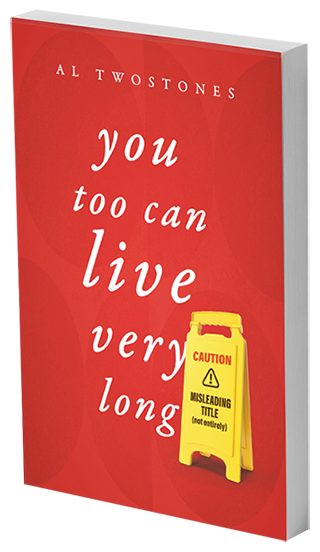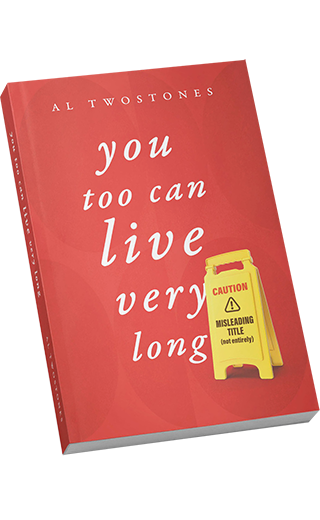Great mystery
solved?
“A little later, Einstein wrote that the Creator does cast the dice but on his own terms. That sounds a little better. I would just suggest the dice be cast by the thrower. There’s no need to burden God’s hand.”
Go on a Journey
“Irony is the hygiene of the mind”
Elisabeth Bibesco
Elisabeth Bibesco
Explore the Book
“If this book becomes popular, I won’t despise a certain financial bonus resulting from that popularity. I am fully aware that the possession of surplus money invites various risks, such as burglary, ransom kidnapping, or—in the event that no third party is involved—possible destruction, usually mental, of the surplus holder. I will consider it, say, as an interesting experiment to what extent I’m going to be susceptible (or immune) to this destruction.”
Buy the Book
